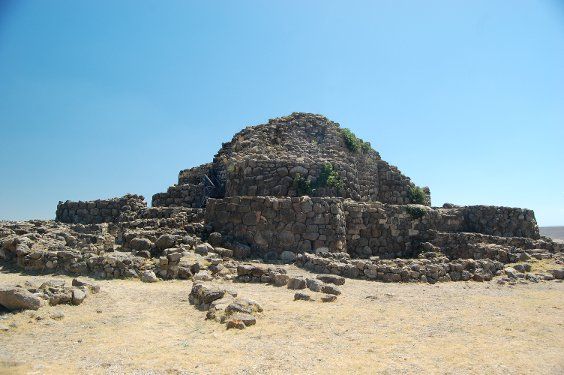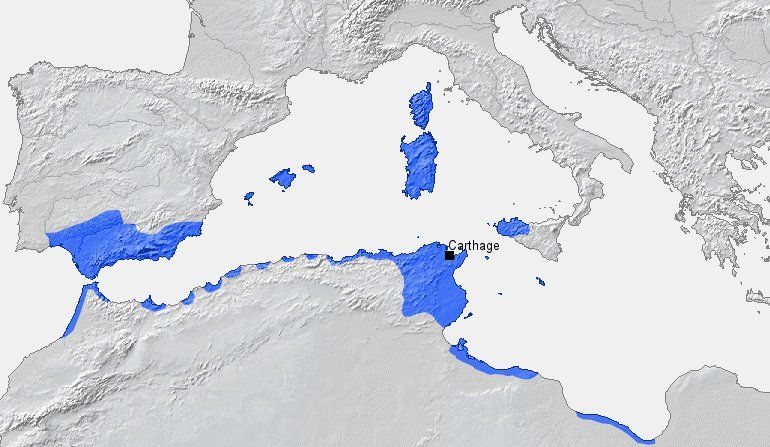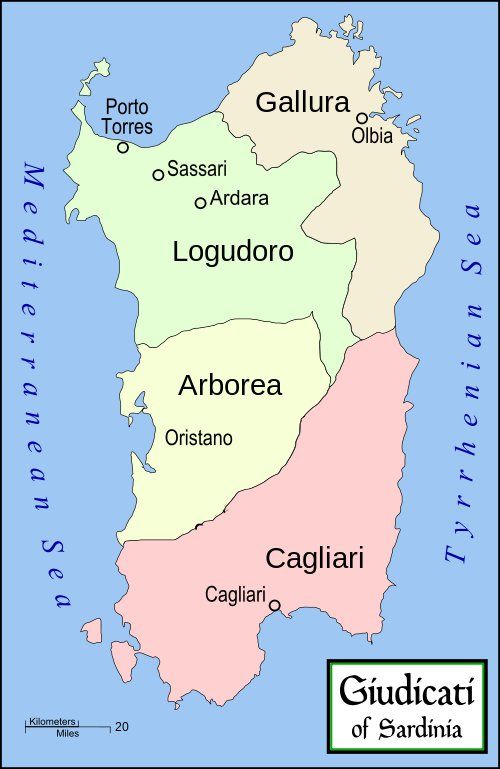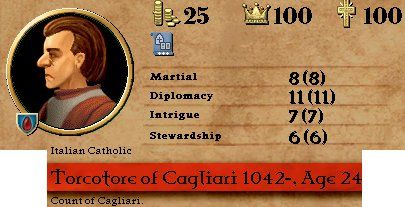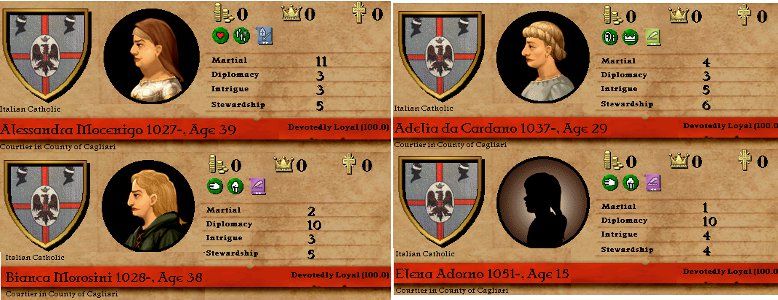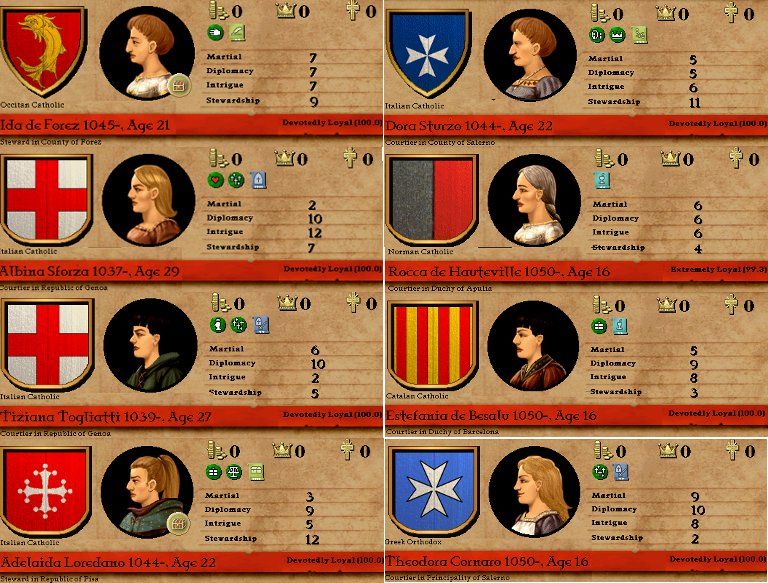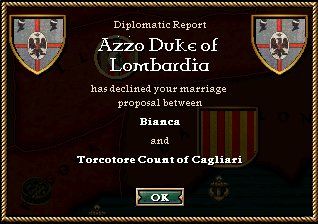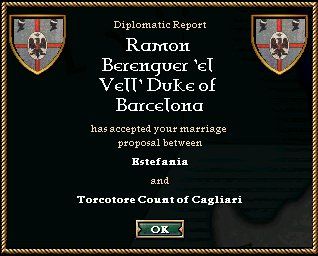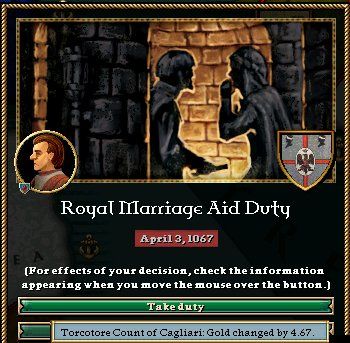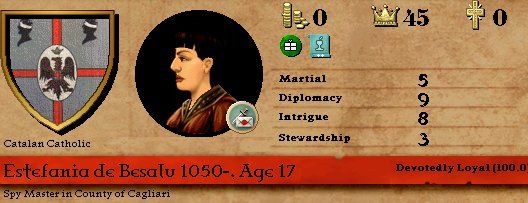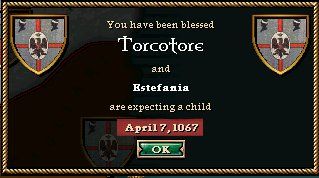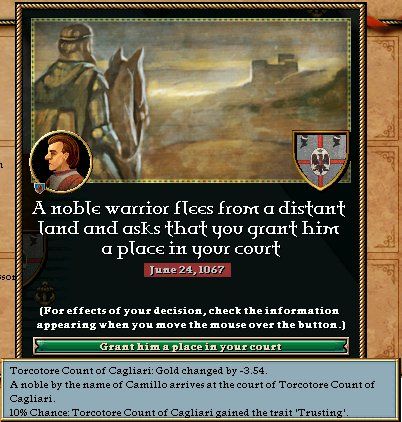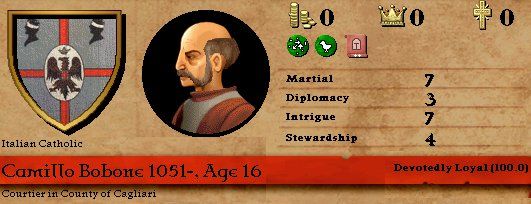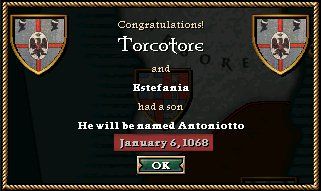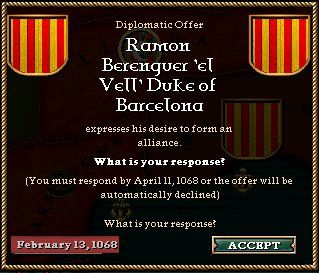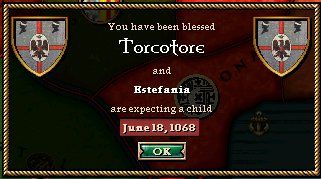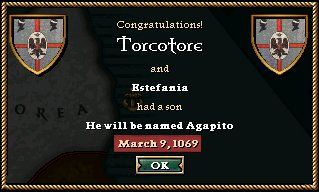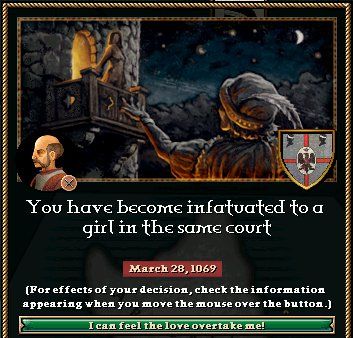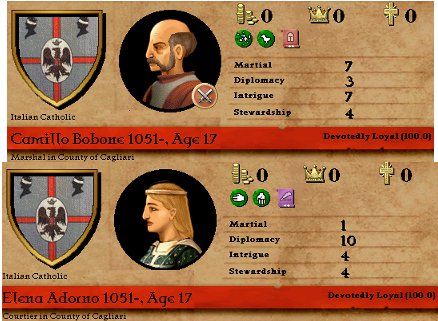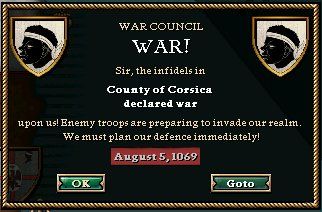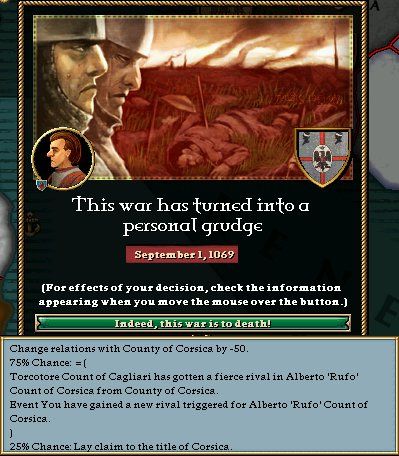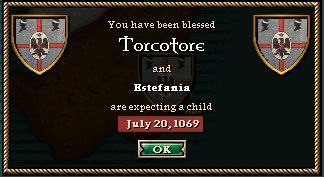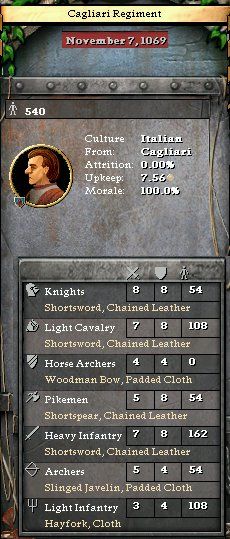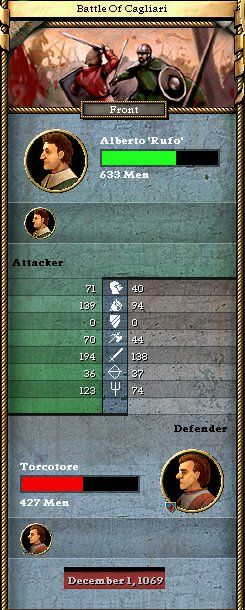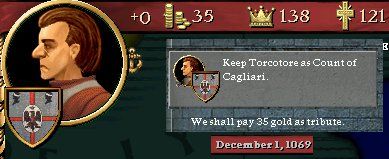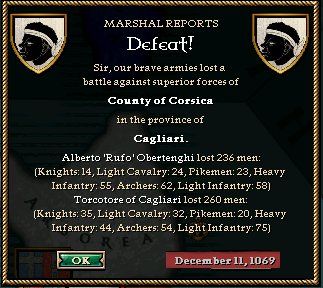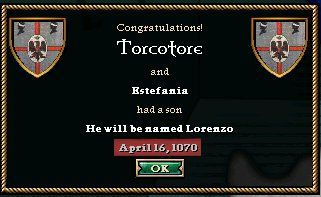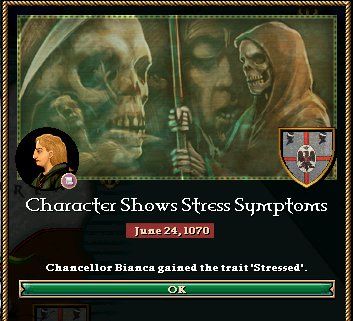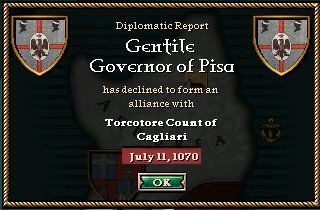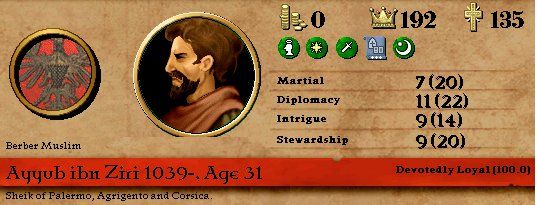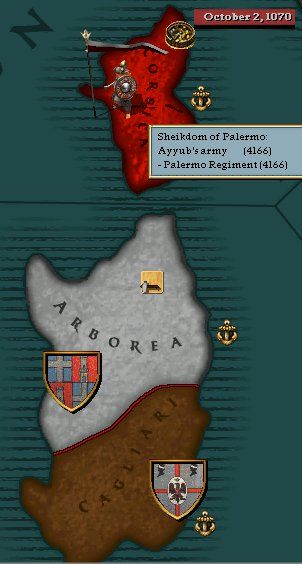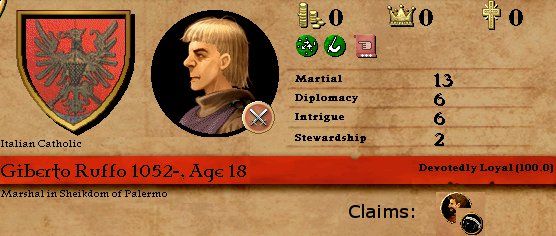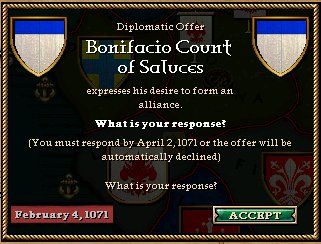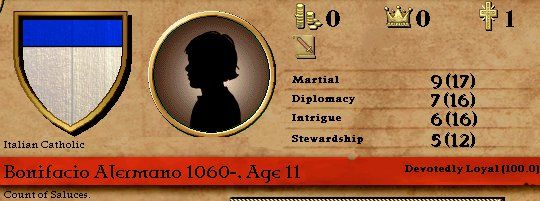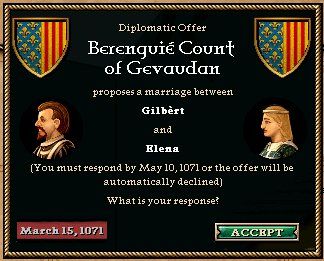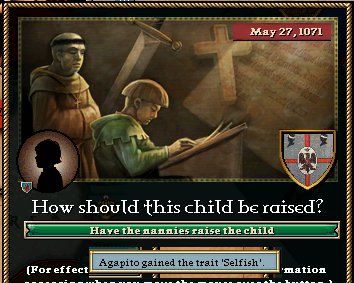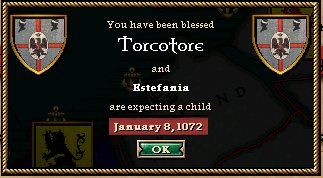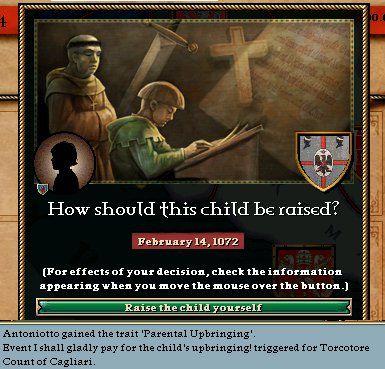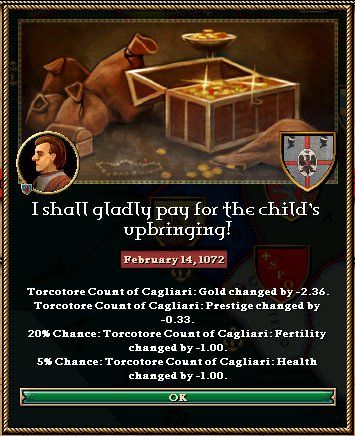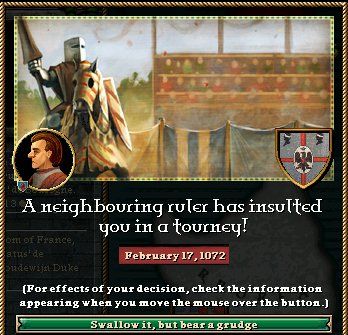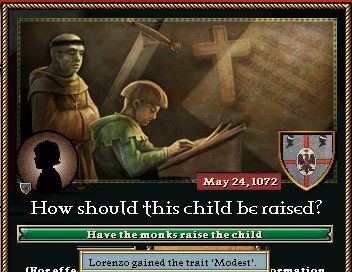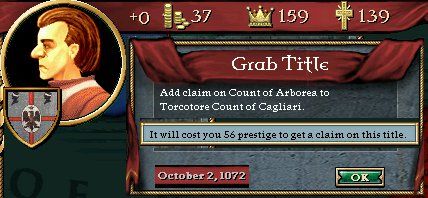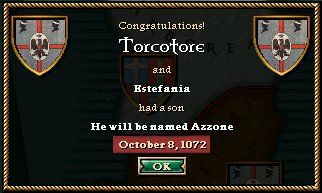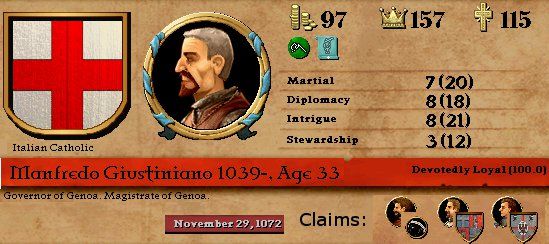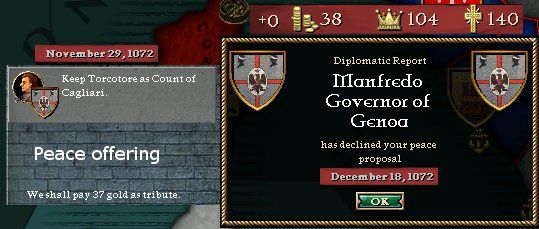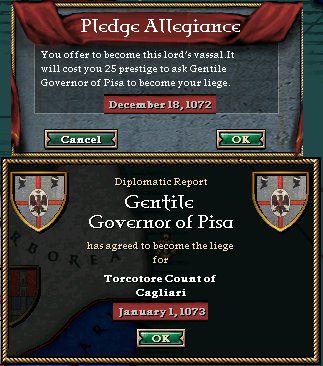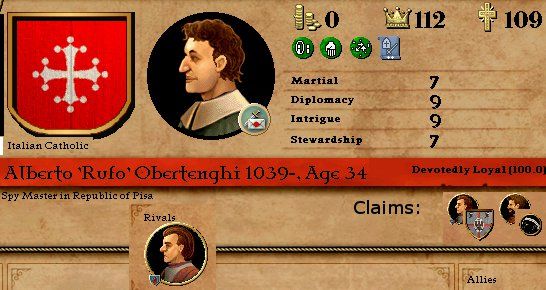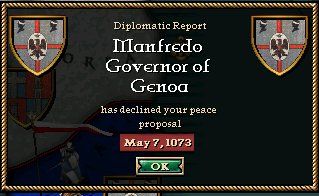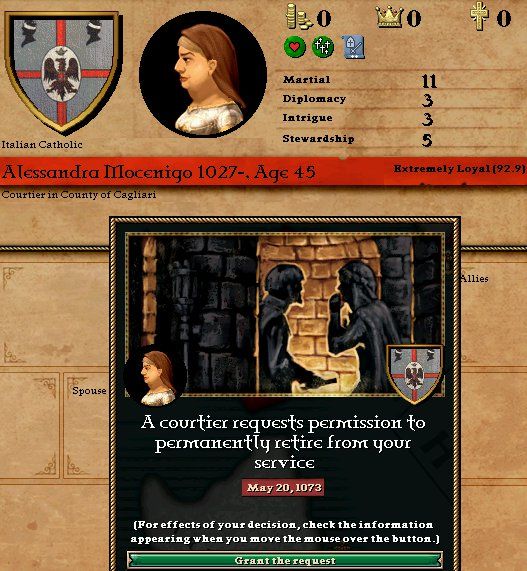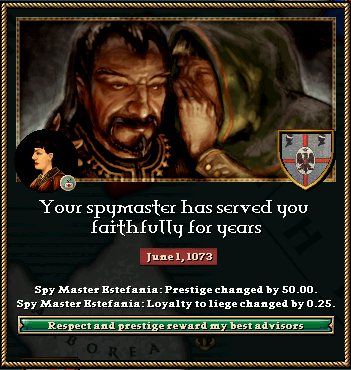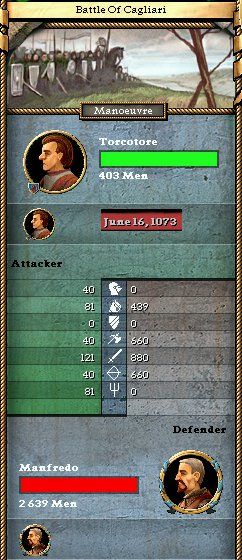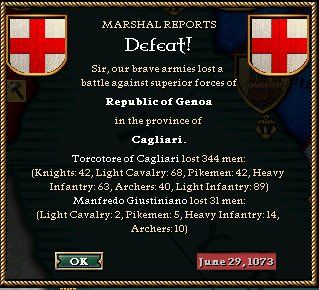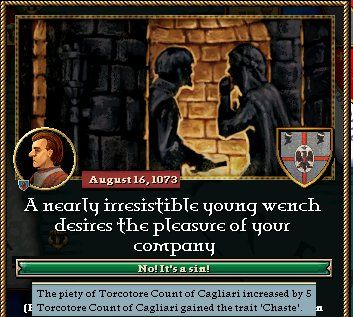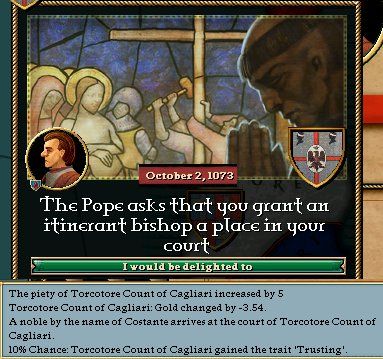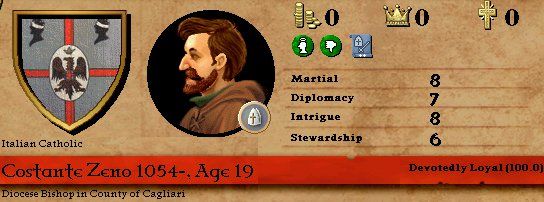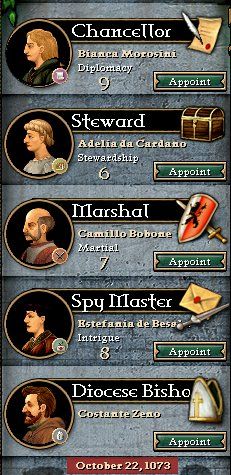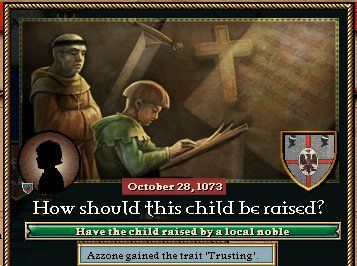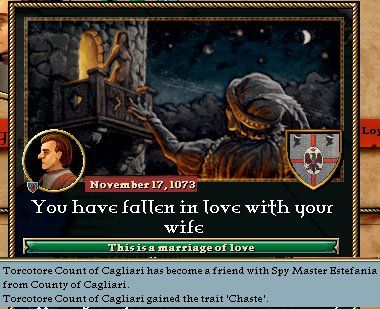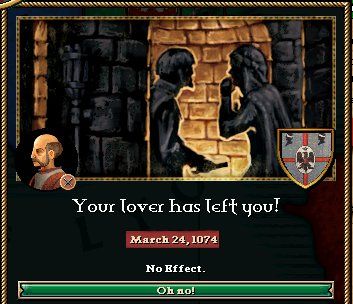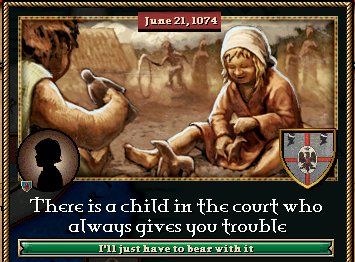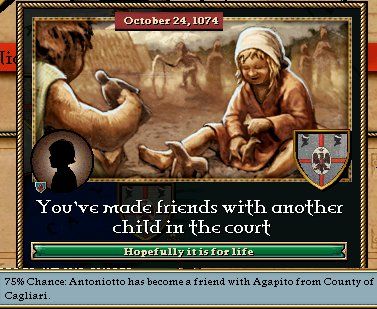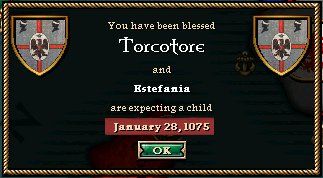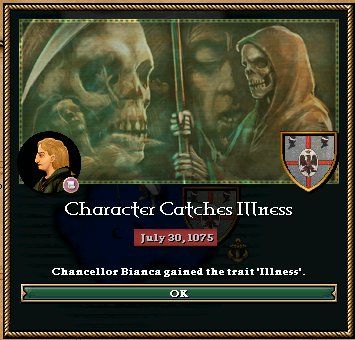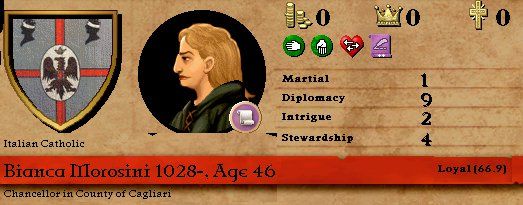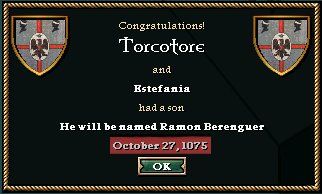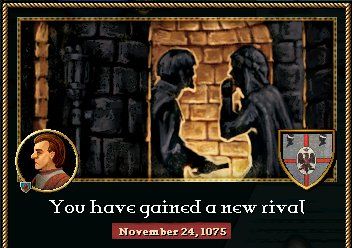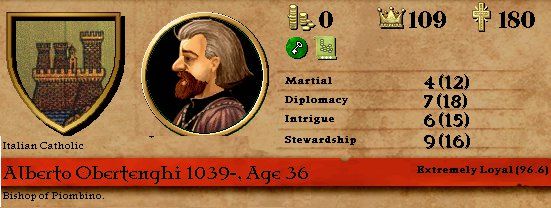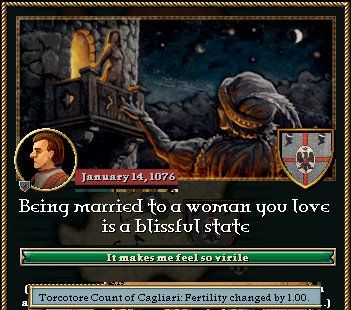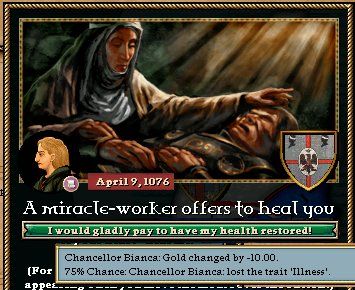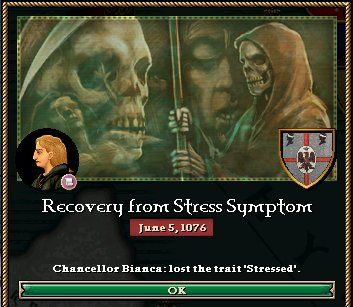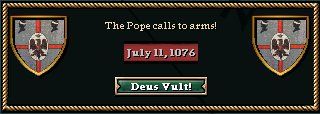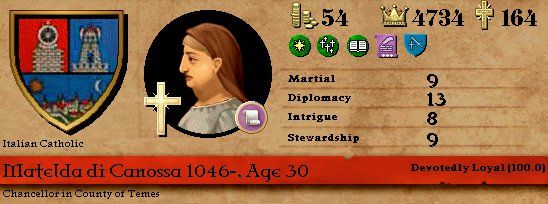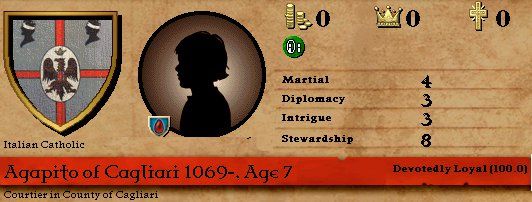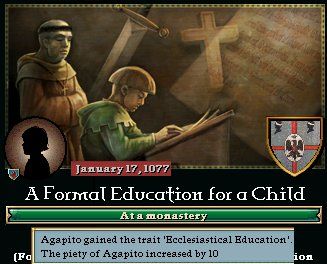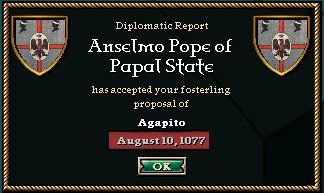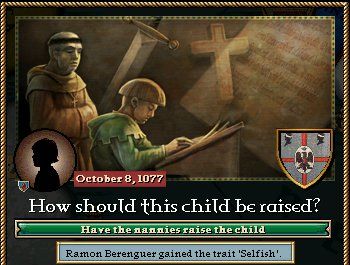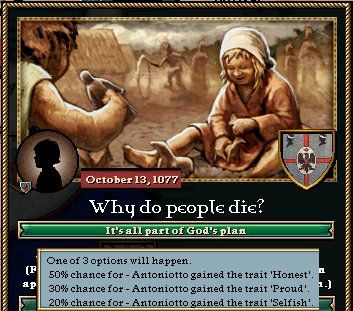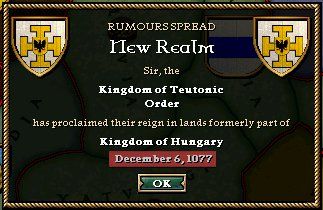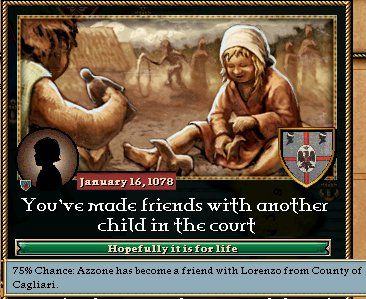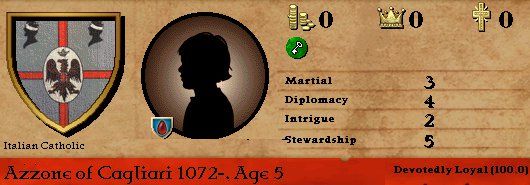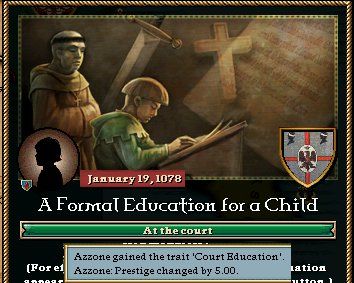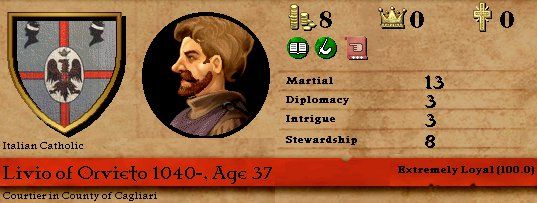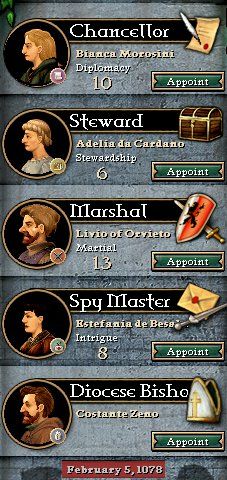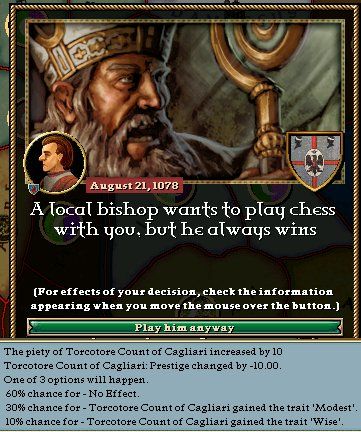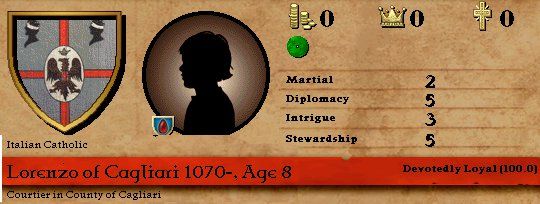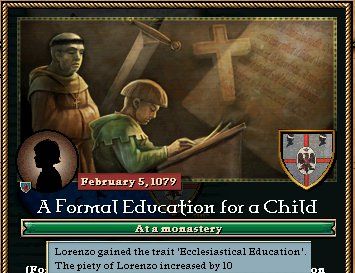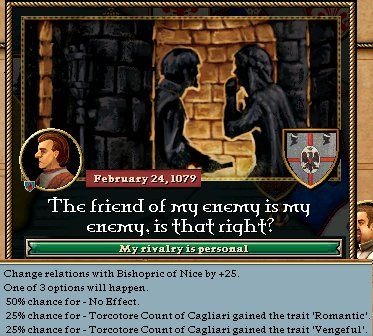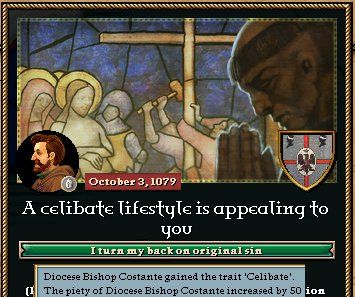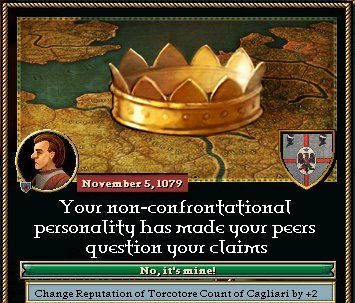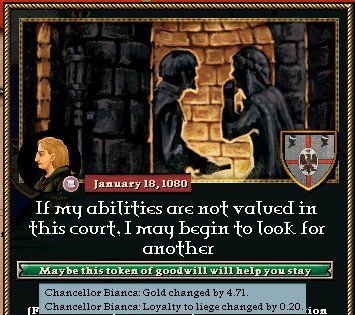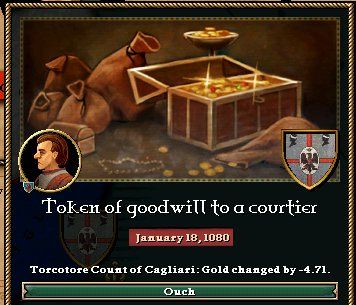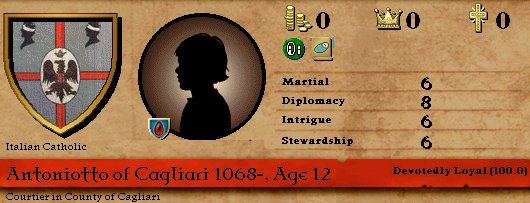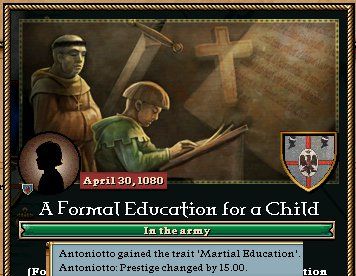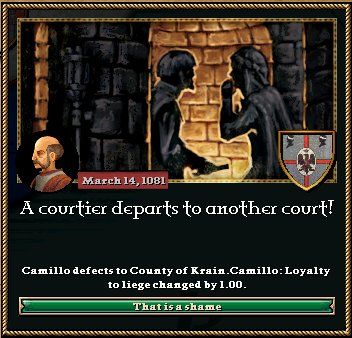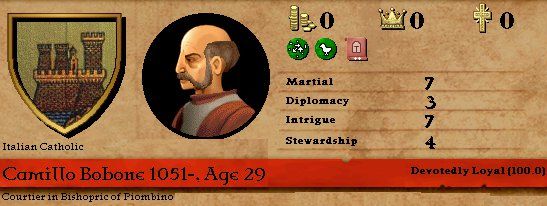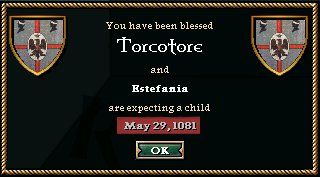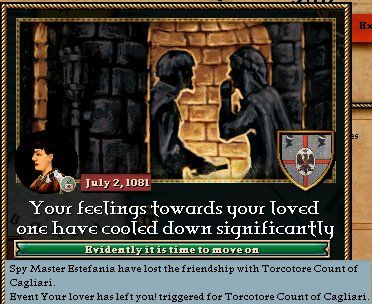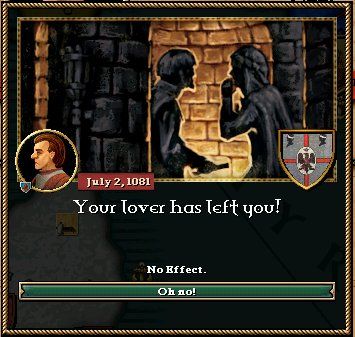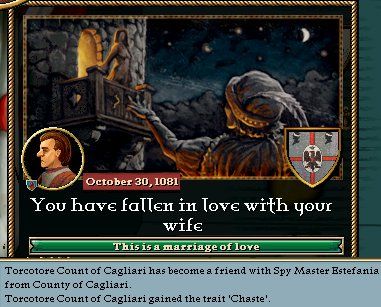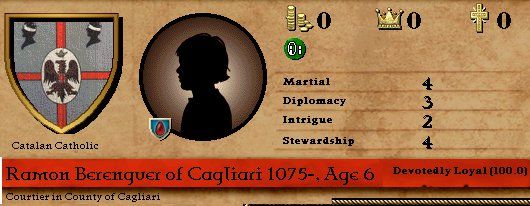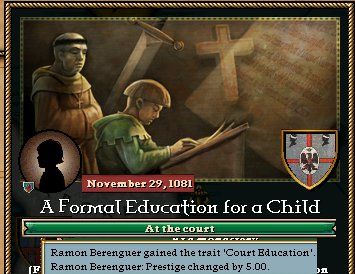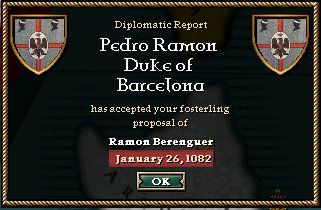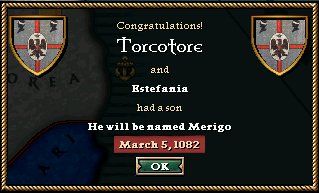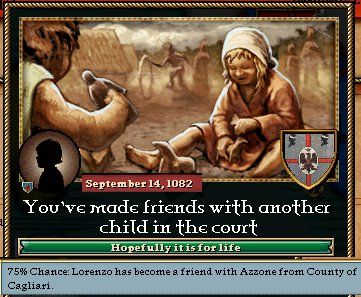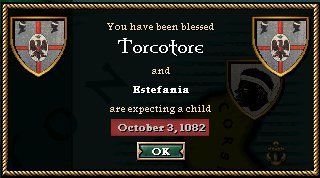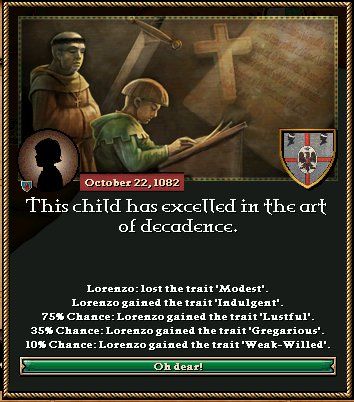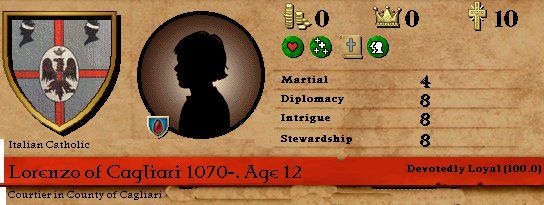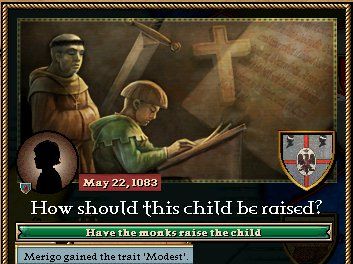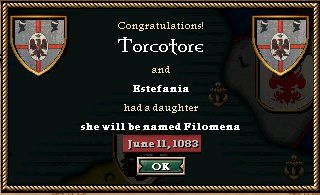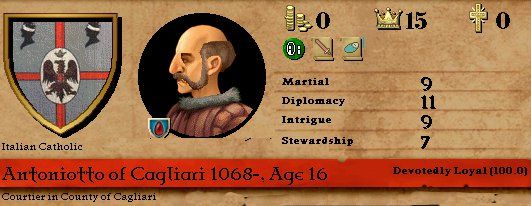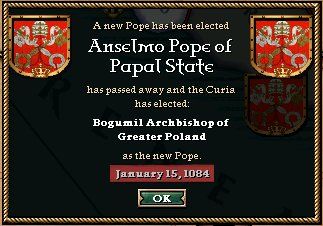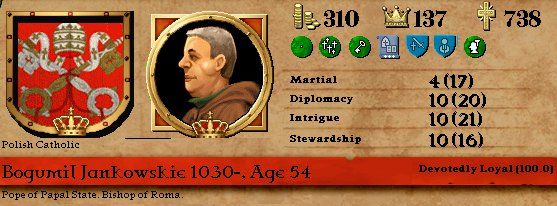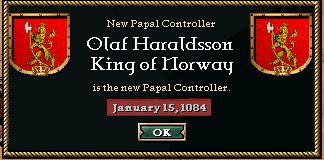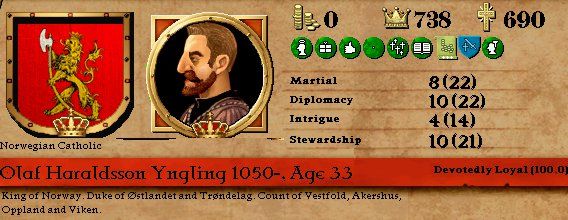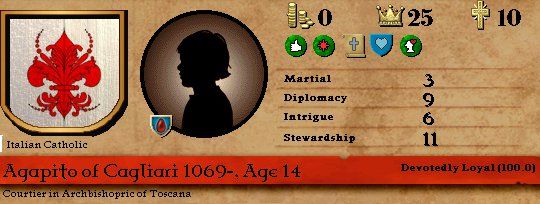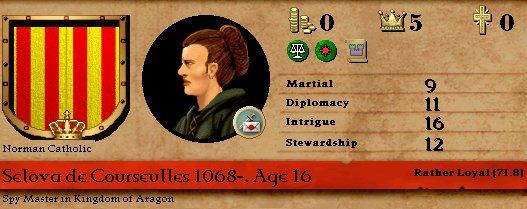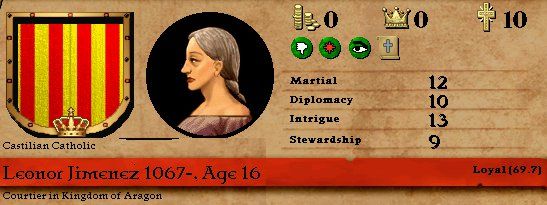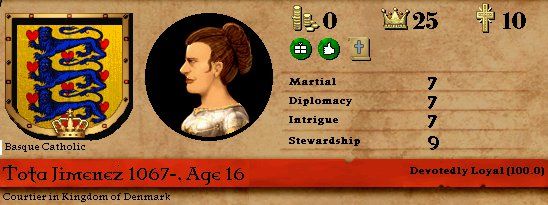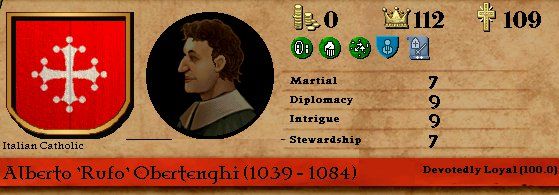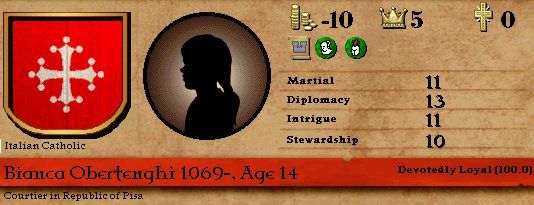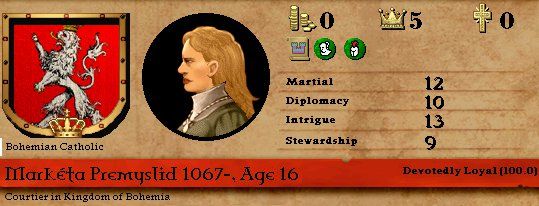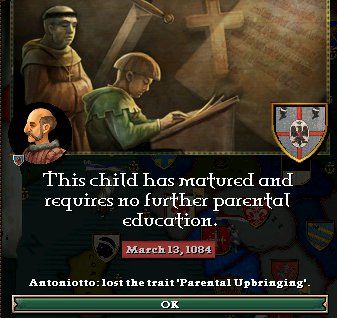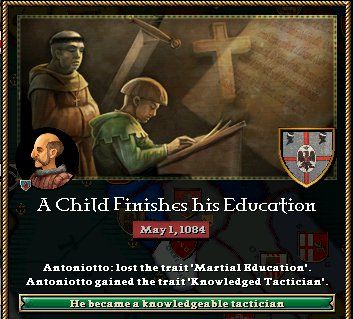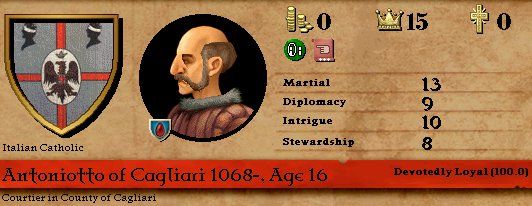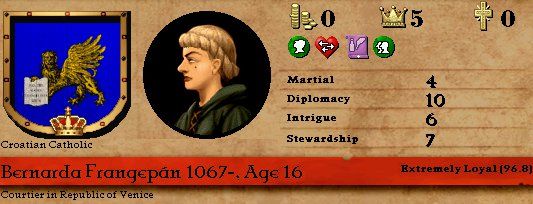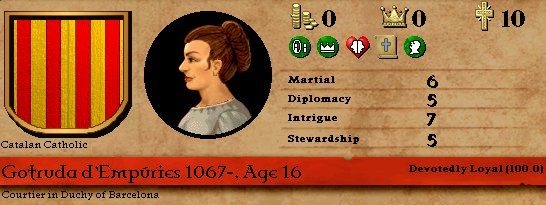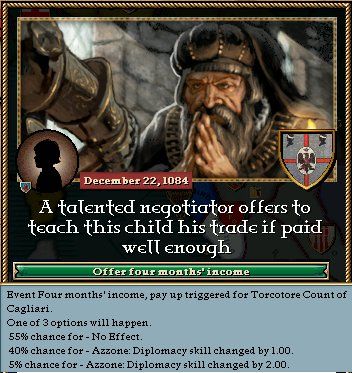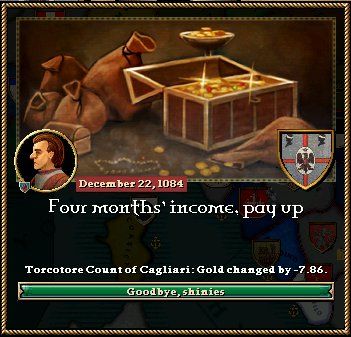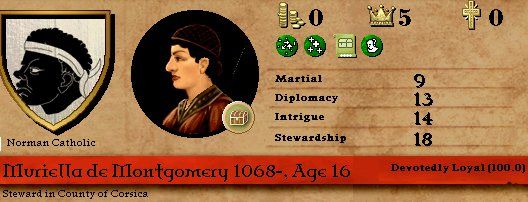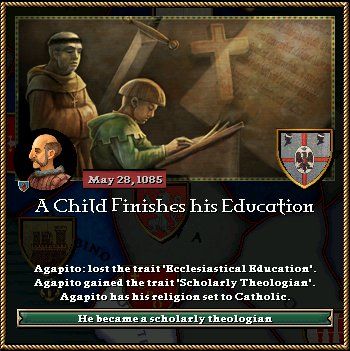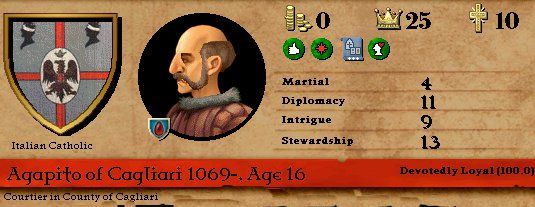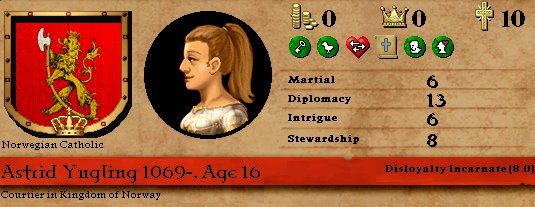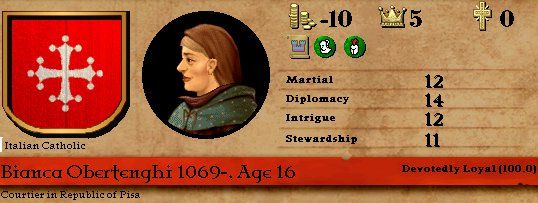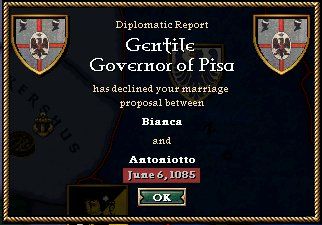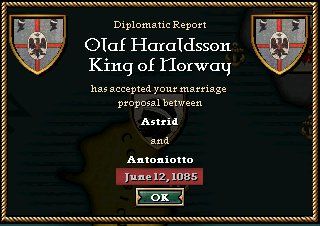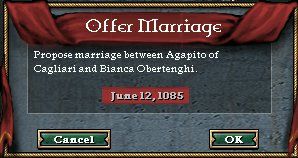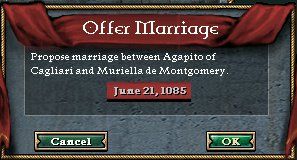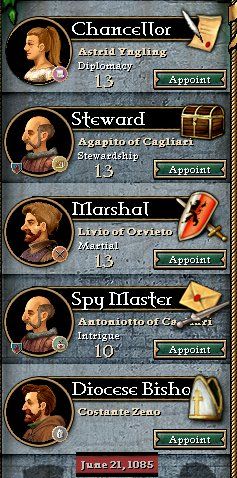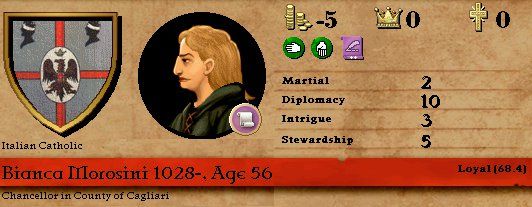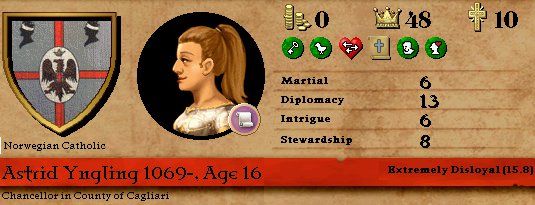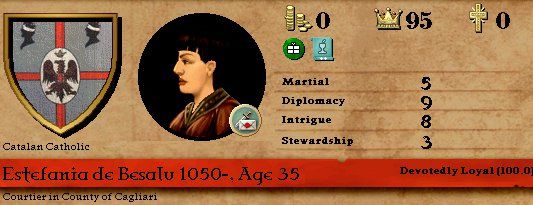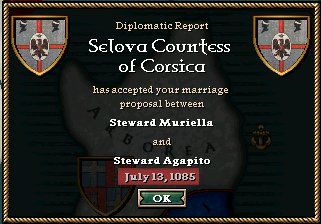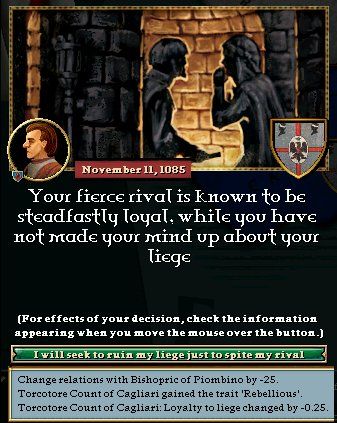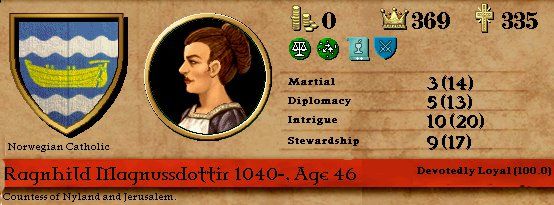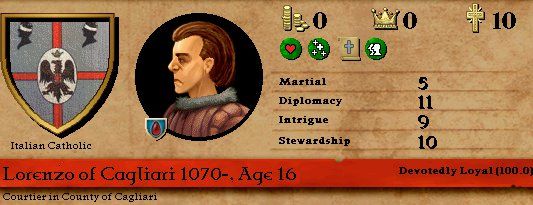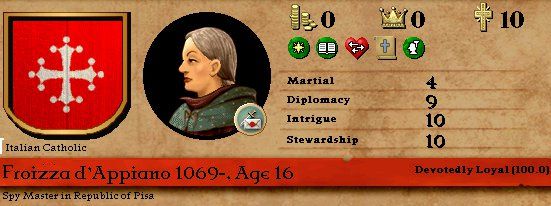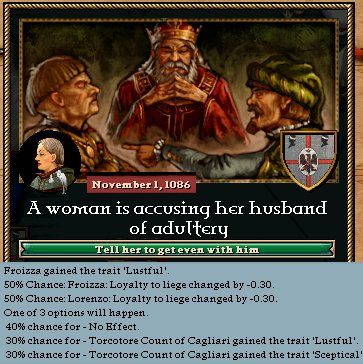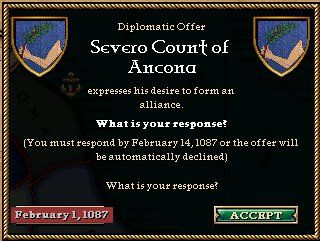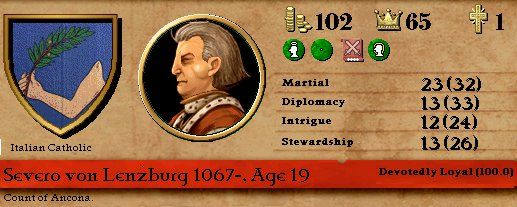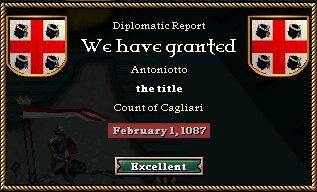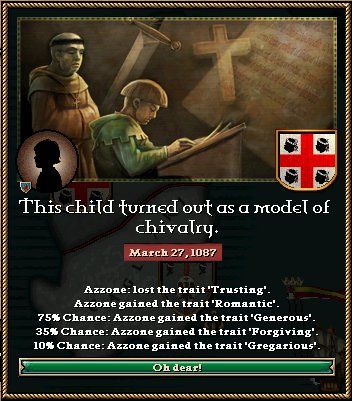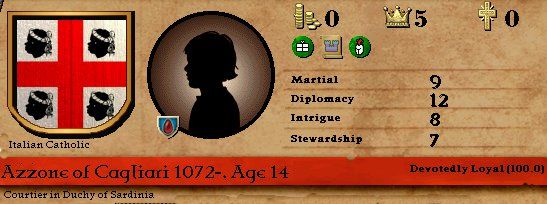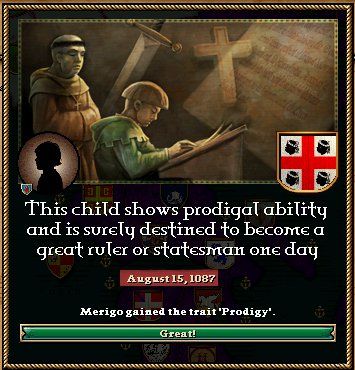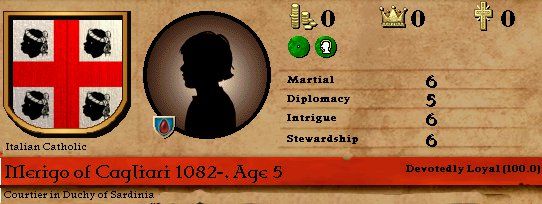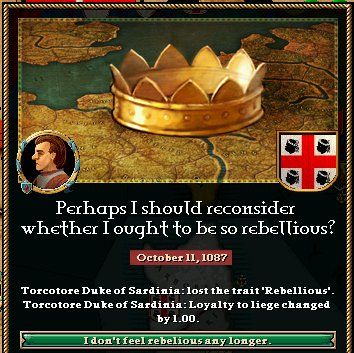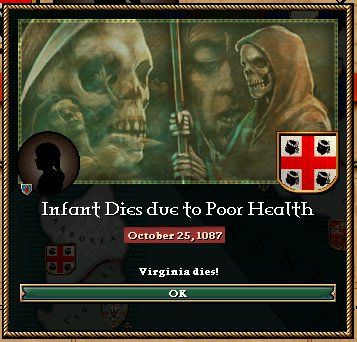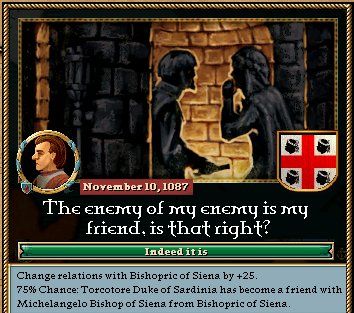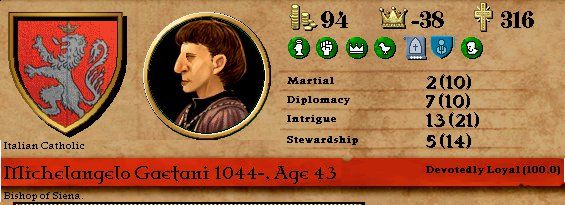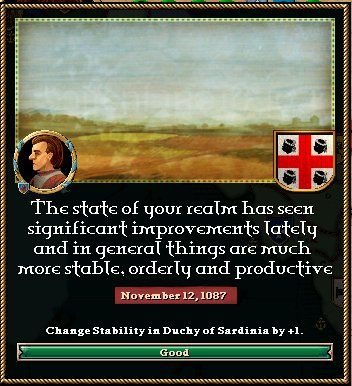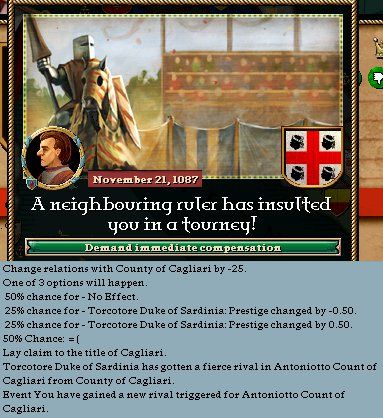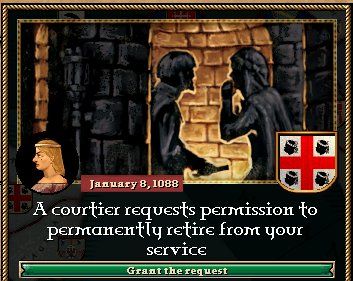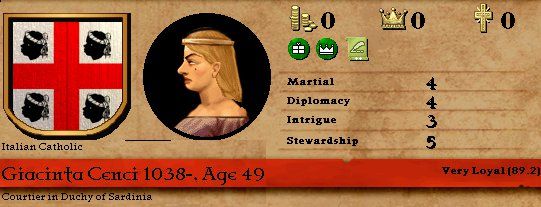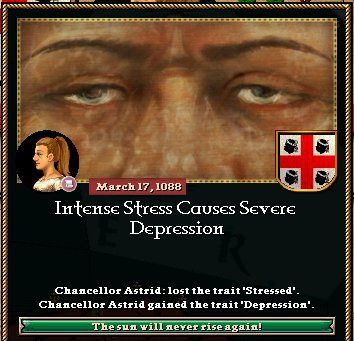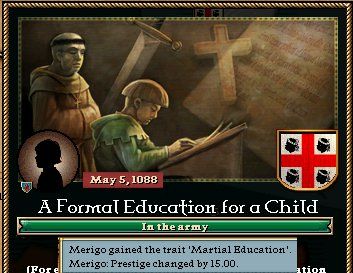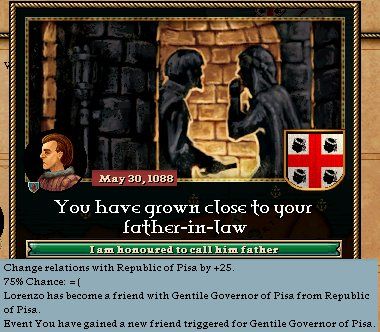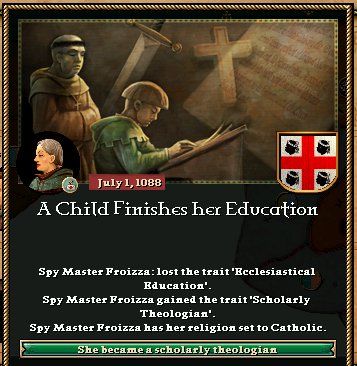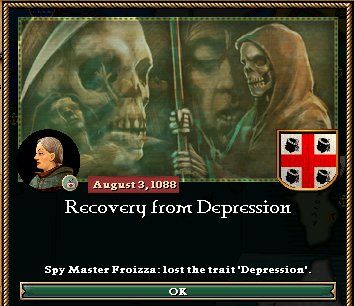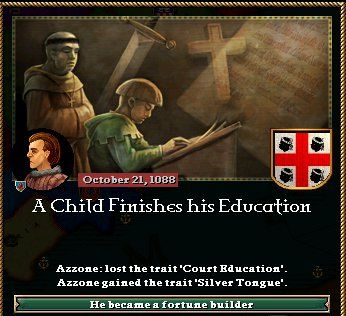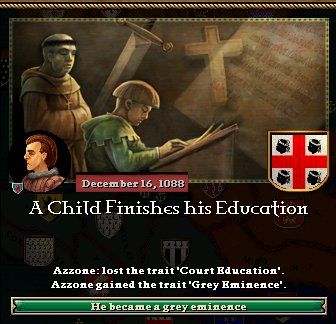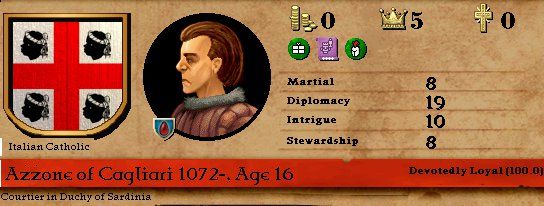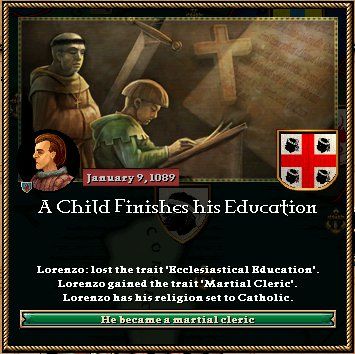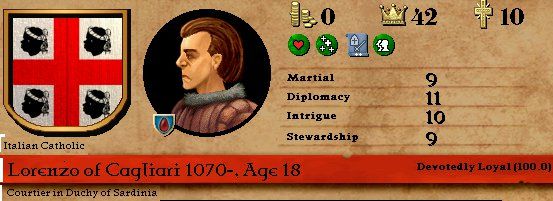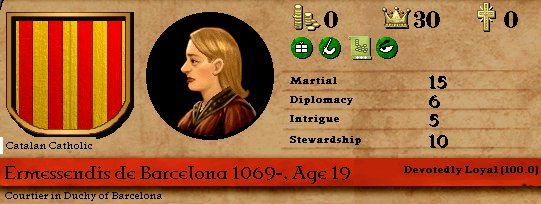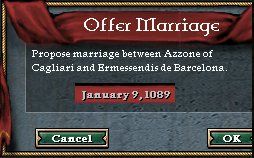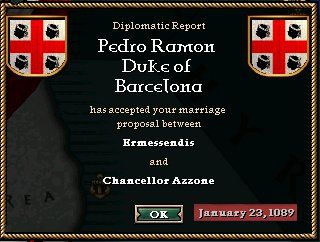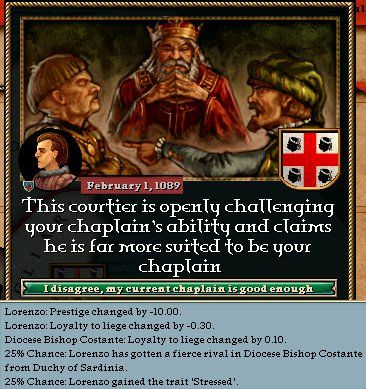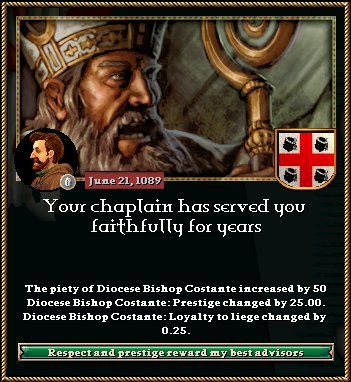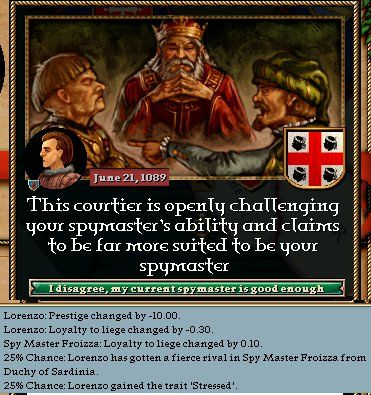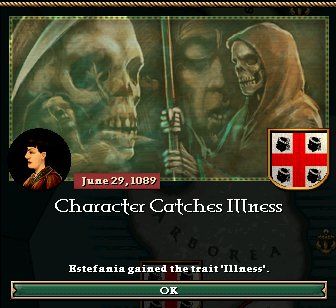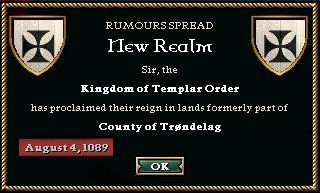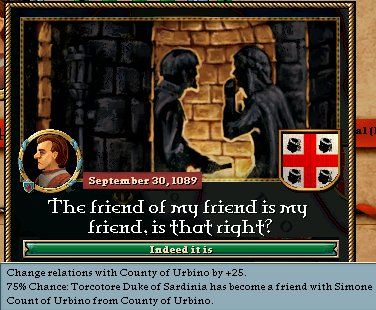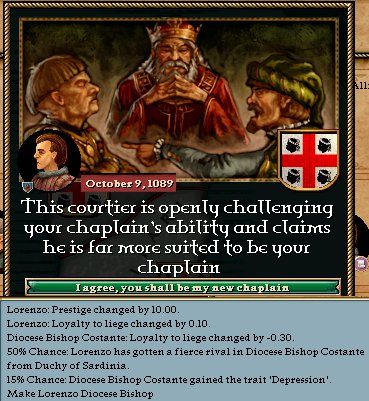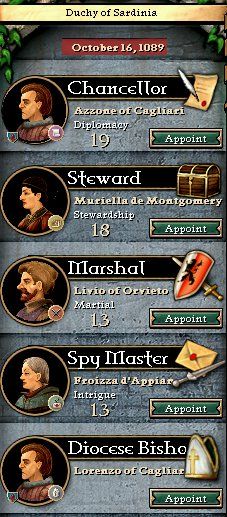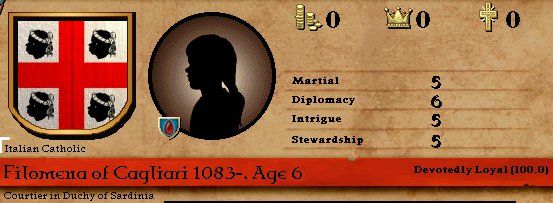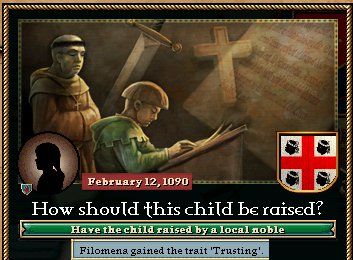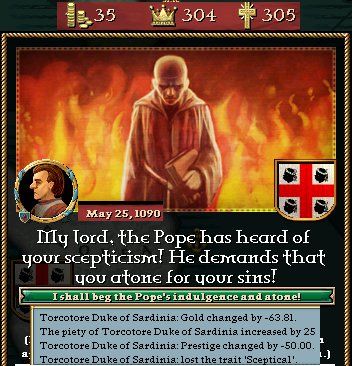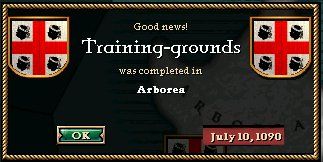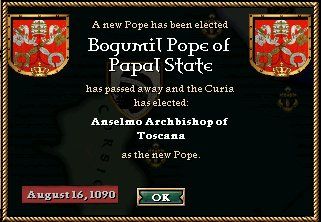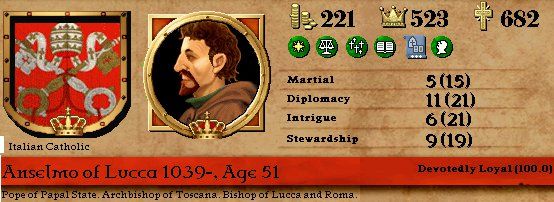Sardinia before 1067
Sardinia, the second largest island in the Mediterranean, has a long history of human habitation. The first evidence of humans on Sardinia dates to the Paleolithic era, but permanent settlements were not established until the Neolithic. The Nuragic civilization, and evidence of trade with the Eastern Mediterranean, appear in the archaeological record during the second millenium BC. The Nuragic civilization was named for the thousands of conical stone structures known as
nuraghi that dot the Sardinian countryside.
Su Nuraxi di Barumini
Some scholars hypothesize connections between Sardinia and the Sea Peoples mentioned in Egyptian sources that caused turmoil in the Near East during the Late Bronze Age. Sardinia derives from Sardus, the name of a mythical hero of a Nuragic tribe. Sardus was known to the Romans as
Sardus Pater.
The Phoenicians began to visit Sardinia some time after 1000 B.C.E. and, eventually, began to drop more than anchors when they founded several colonies in the 8th century B.C.E. - Tharros, Bithia, Sulcis, Nora, and Karalis (modern Cagliari). The Phoenicians and the natives lived together in peace so long as the Phoenicians stuck to their coastal settlements, but after a few hundred years the Phoenicians began to expand inland, taking over lucrative silver and lead mines in the southwestern part of the island. The locals took offense and the Phoenicians built a fortress on Monte Sira in 650 BC after several clashes. The disgruntled Sardinians attacked several Phoenician settlements in 509 B.C. and the Phoenicians asked Carthage for aid. Carthage was happy to oblige and, after linking up with the Phoenician forces, successfully conquered most of the island.
Carthaginian territory and influence before the First Punic War
Sardinia was annexed by Rome as a result of the First Punic War in 238 BC and, along with Sicily, was a vital source of grain before the Romans conquered Egypt in the first century BC.
The Romans enlarged the existing Carthaginian cities, created a road network, and created an efficient agricultural system in spite of endemic malaria and frequently troublesome natives. The inhabitants of Barbagia, as the Romans called the central mountainous regions of the island, were particularly resistant to Roman rule.
The Vandals began the next chapter in Sardinian history when they, led by their king Geiseric, captured the coastal cities while on the way to sack Rome in 455. Vandal rule lasted for nearly a century, though little detail survives in the historical record. In 530 a coup d’etat removed King Hilderic, a convert to Roman Catholicism, in favor of his cousin Gelimer, who was Arian Christian, like most of his kingdom. Gelimer sent Goddas, a Gothic nobleman, to govern and assure the loyalty of Roman Catholic Sardinia. Shortly thereafter, Goddas declared himself the independent ruler of Sardinia and began to communicate with Emperor Justinian. In response, Gelimer sent his brother Tzazo with most of the army to Sardinia. Tzazo captured Cagliari and crushed the rebellion before the military expedition Justinian sent to assist Goddas could arrive in time.
Justinan’s army under Belisarius arrived in North Africa while most of the Vandal army was in Sardinia. The Vandals were overwhelmed and Sardinia became part of the Byzantine Empire.
Sardinia became part of the Prefecture, and then Exarchate of Africa under Byzantine rule.
Sardinia was divided into four parts, governed from Karalis by a judge and garrisoned by a Byzantine army commanded by a
dux stationed in Forum Trajani (known today as Fordogianus). The Byzantines converted the largely pagan population to Christianity. In the late 6th century, a short-lived independent principality arose in Barbagia, which had returned to the traditional local religion. One of its princes, named Ospitone, raided local Christian settlements controlled by the Byzantine
dux Zabarda. Ospitone was reprimanded by a letter from Pope Gregory I and, in 594, was convinced by the Pope to convert to Christianity. His followers were not so convinced and ostracized him for a short time before they also converted.
The exact circumstances of the end of Byzantine rule in Sardinia are not known. Some time after 650 local legates were given more power when the rebellion of Gregory the Patrician and a major Muslim invasion of North Africa both occurred during the late 640s. The loss of North Africa led to increased Muslim raids on the coastal cities, the first of which is recorded around 705. In the following centuries Karalis, Tharros, Porto Torres, and numerous other coastal cities and towns were abandoned.
Originally the title of
iudiki, or “judge”, was the title of a governor under the Exarchate, but after the Muslim conquest of Sicily began in 827 communications with the central Byzantine government became difficult, if not impossible. The Byzantines were cut off from the Tyrrhenian Sea and the judges were forced to fend for themselves. An 864 letter from Pope Nicholas I is the first known mention of the Sardinian judges, and a later letter from Pope John VIII (reigned 872-882) referred to them as “princes”.
In contrast to feudal Europe, where all land was considered property of the sovereign, in Sardinia under the judges there was a distinction between the private property of the
giudice and property of the state. The territory of each
giudice, or
giudicato, was divided into
curatoria, which were controlled by
curatores subject to and appointed by the judge. Each
curatoria, in turn, elected representatives to the
Corona da Logu, a sort of parliament that appointed the judge, ratified treaties, and could depose and execute the judge in the event of serious tyranny and abuse. Usually, the new judge had been the designated heir of the previous judge. By the tenth century Sardinia was divided into five
giudicati - Cagliari, Arborea, Ogliastra, Logudoro, and Gallura. Ogliastra had a fairly short existence due to being absorbed by Cagliari before the early 11th century.
The earliest named
giudici of Sardinia date to the early 11th century. Manfred of Gallura, a client of Pisa, reigned from approximately 1020 to 1040 while his contemporary Gonario I was the first known judge of Arborea and Logudoro, ruling from possibly from the late 900s to approximately 1038. For reasons unknown, the only thing known about Salusio I, the earliest recorded judge of Cagliari, is that he died in 1058.
In 1015 and 1016 Muslim forces from the
taifa of Denia led by Mujahid al-Siqlabi invaded Sardinia.
Mujahid
The Republics of Pisa and Genoa, who had strategic and mercantile interest in the island remaining part of Christendom, organized two expeditions to defeat Mujahid that received support from Pope Benedict VIII, which would later be considered a precursor to the Crusades. After defeating the Muslims, Pisa and Genoa fought for the control of Sardinia. Pisa was victorious in Porto Torres and secured a papal privilege.
Barisone I was judge of Arborea after Gonario I. In 1060 he learned of the death of the judge of Logudoro, so he gave Arborea to his son (or nephew) Mariano I and traveled to Porto Torres to receive the vacant judgeship. In 1063 Barisone asked Desiderius of Benevento, the abbot of Montecassino, to send twelve monks to establish the Benedictine rule on the island of Sardinia. Desiderius sent them with books, relics, and various other religious and cultural items, but the Archdiocese of Pisa was determined to maintain a religious supremacy in Sardinia and attacked the monks near the island of Giglio. Four monks died as a result of the assault and the survivors returned to Montecassino. Barisone was supported by Pope Alexander II, who excommunicated the Pisans, and Godfrey the Bearded, Duke of Spoleto and later Duke of Lower Lorraine and Margrave of Tuscany, who secured the passage of the monks and their arrival in Sardina. In 1065 two more monks were sent at Barisone’s request, and he gave them Santa Maria di Bonarcado and Sant'Elia di Montesanto. In 1065 or 1066 he died of a sudden illness* and was succeeded by Mariano I of Arborea, who suddenly found himself ruling most of Sardinia.
* -
Historically, Barisone died in 1073. This is my contrived explanation for why Sardinia only has two rulers at the start of the game in late 1066.



